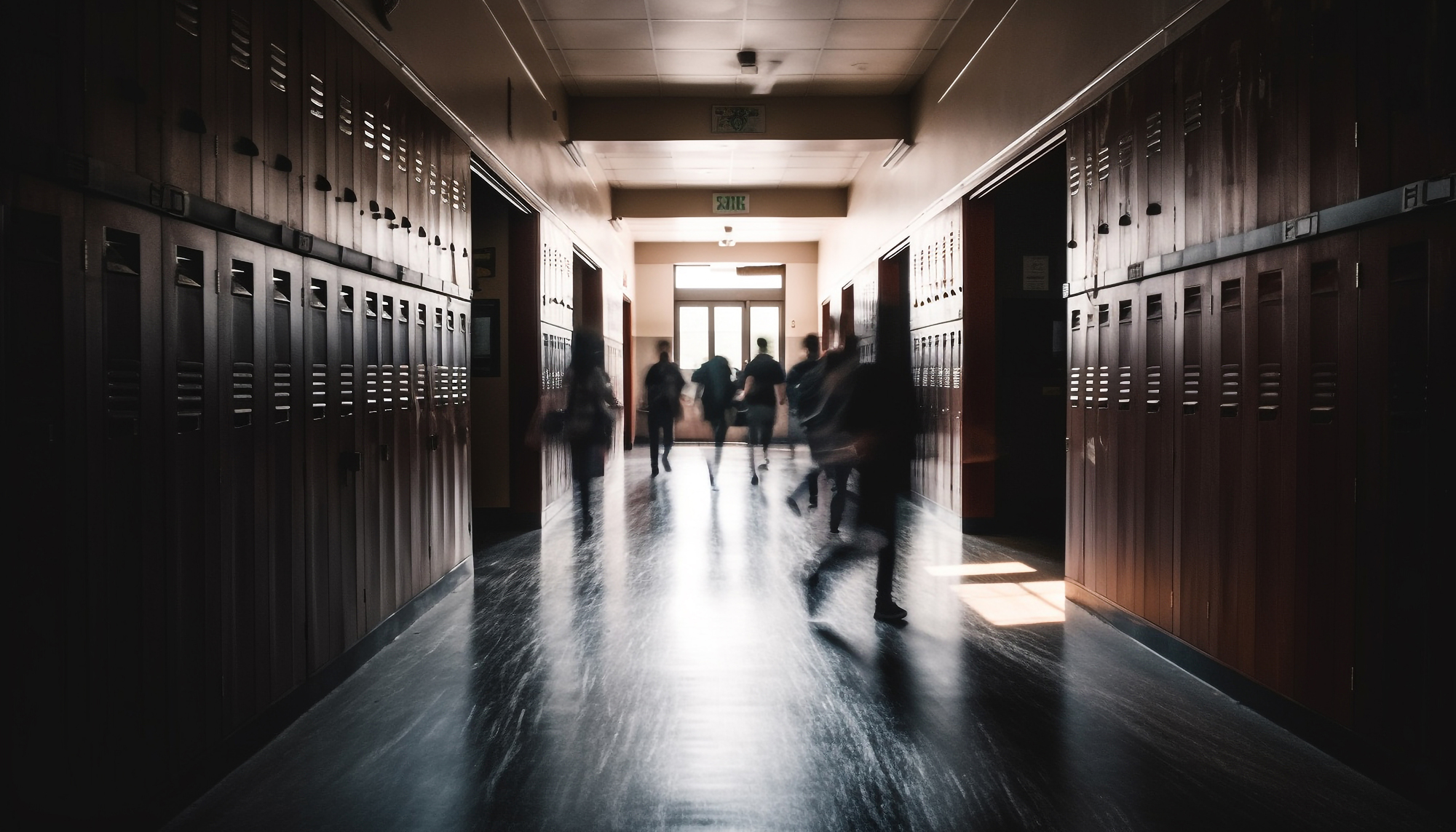New survey: Student outbursts, threats pose challenge for teaching and learning environments

EAST LANSING — Michigan educators are facing significant challenges to both student learning and their own workplace satisfaction due to an increase in disruptive student behavior, according to a survey released Tuesday by the Michigan Education Association, the state’s largest educators union.
A majority of educators surveyed reported experiencing student outbursts, damaged property or verbal threats, and more than a quarter of school employees said they have been injured by a student.
All of this leads the average educator to lose about 12 hours a month in instruction time, according to the survey of MEA members recently conducted by Emma White Research.
These findings come at a time when educators are working harder than ever to meet student mental health needs, as well as keep students and fellow school employees safe in our schools. A recent cover story in the MEA Voice magazine details actions and programs undertaken by MEA members to address the crisis.
“Parents deserve to know their students are safe in school,” said MEA President Chandra Madafferi, a teacher from Oakland County. “Our members have to work throughout the day to address numerous mental health issues among students, which takes away time from classroom instruction and isn’t conducive to a quality learning or working environment.”
According to the survey of more than 3,000 K-12 teachers and support staff:
- 81% have experienced verbal outbursts by students that significantly disrupt learning.
- 78% have seen chronic student absenteeism.
- 67% have had items damaged or destroyed due to student behavior.
- 59% have experienced verbal aggression or threats from a student.
- 49% have had to evacuate other students due to unsafe behavior.
- 40% are seriously worried about being injured by a student.
- 27% have been injured by a student.
“Educators made it clear in this survey that serious student mental health needs are putting students, educators and others at risk,” said Emma White, principal of the Ann Arbor-based national polling and research firm. “Regardless of whether they’re in urban, suburban or rural school districts, teachers and school support staff report significant concerns about the safety of themselves and their students.”
Citing record state investments in student mental health, Madafferi said: “We’re making progress when it comes to addressing this crisis, but this is a problem that can’t and won’t be solved overnight. But with Michigan educators leading the way, we’re on the right path.”
From an innovative program in the Eastern Upper Peninsula that intervenes with students needing support to member-led training on de-escalation tactics and a new pilot program to stem school violence, educators are using their passion and expertise to tackle this crisis head-on.
“We as a state must do everything we can to support our educators, students and parents in making our local schools protective and nurturing places,” Madafferi said. “Michigan teachers and support staff are working hard every day to keep their students and one another safe and healthy, but they need more support.
“A crucial step is recruiting more mental health professionals — including school counselors, social workers and psychologists — into the field and into our schools so they can provide students the help they need when they need it. That also means continuing to push for adequate school funding and additional resources targeted to students who need more support. Finally, we must have a conversation about appropriate student placements and grade level expectations, ensuring every student is in the environment that will lead to the most success.”
“It’s essential to recognize how one student’s behavior can negatively affect the learning of others, not to mention the safety of both students and school staff,” Madafferi said.
Details about the survey and additional data can be found here.



